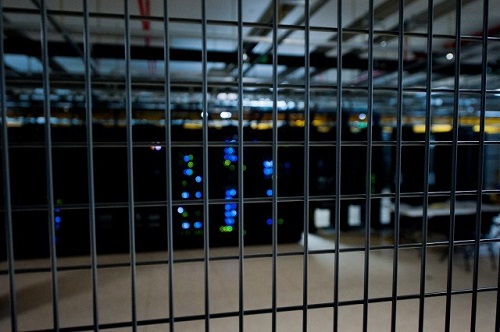Profile of a Database Manager
by Black Ink Team

Supply chain managers and database managers perform similar day-to-day tasks; they make sure raw materials are delivered, confirm their quality/quantity, and get them to where they need to go. That’s why it’s appropriate for it to be called ‘data warehousing.’ Automation helps in both roles – or, if it is set up wrong, it can cause disasters. Just like how forklift operators must become certified first, data entry workers should undergo training, lest they knock over digital stacks of shelves.
A database isn’t physical like a warehouse, but both are similar in that different areas serve different purposes. There are rows of bins where small items that get used regularly are stored, alcoves designated for storing large items that stay untouched for long periods, sorting areas where it can be tough to keep up with everything that’s going on, and rooms where keys and confidential documents can be securely stored. It is just as important for database managers to know the schemas of the databases they curate as it is for supply chain managers to know the layout of the warehouses they oversee.

To illustrate how the complexities of moving and transforming data mirror the complexities of supply chains, let’s review how computers work. Databases are hosted on servers, which operate in a similar fashion to computers. Every computer has a processor, quick memory, and slow memory. The processor enables it to perform calculations and to convert raw data into human-readable content. Quick memory stores small chunks of data which the processor can rapidly access while performing calculations. Slow memory stores large chunks of data, which may or may not be encrypted (a function which requires the processor and quick memory working together).
For large organizations a database lacking in any one of these three areas can be a nuisance. A slow processor can only make so many calculations per minute; limited quick memory slows down data transformation processes; slow memory can take a long time to be read depending on the model hard drive you use, or etc. Plus, in addition to these three computing elements, a server has a module in it which connects it to the Internet. Networking components can become a bottleneck for your entire operation, if they have low upload/download speeds or if very few users are able to access them at one time.
Just like how raw material can get wasted when it is not stored properly, data can get corrupted if it is mishandled. Furthermore, the people controlling raw materials and data have lots of power. Fraud is just as real a possibility in the data world as it is in a real one. A supply chain manager could be invoicing at higher prices than the actual ones and pocketing the difference, or a database manager could be throttling data transmissions to justify getting a pay raise when they fix the problem. Or, your customer information could get sold to your competitors (by the very people who are meant to stop that from happening). For these reasons, it is important that you cover your bases when hiring a database manager. Have someone who is familiar with the business read over their resume, implement checks and balances, and keep a close eye.
